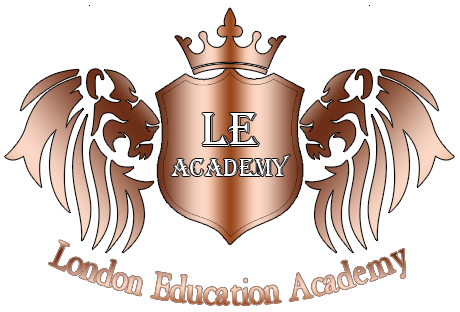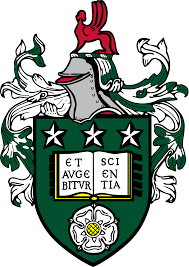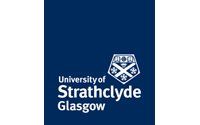Day 1:
Foundations of Rapport and Trust
Introduction to key theories (e.g., Carl Rogers’ Person-Centered Approach).
Understanding the neuroscience of trust and connection.
Identifying common barriers to building rapport.
Role-playing exercises to practice initial contact strategies.
Day 2:
Communication Skills for Connection
Mastering verbal communication techniques for clarity and empathy.
Exploring the role of active listening in building trust.
Recognizing and adapting to different communication styles.
Practicing reflective questioning to deepen understanding.
Day 3:
Non-Verbal Cues and Emotional Intelligence
The science behind non-verbal communication.
Using body language to convey openness and sincerity.
Developing emotional intelligence for better client engagement.
Group activities to identify subtle non-verbal signals.
Day 4:
Cultural Competence and Contextual Awareness
Navigating cultural differences in coaching relationships.
Adapting to generational and gender-specific preferences.
Handling power dynamics and ethical considerations.
Case studies highlighting successful cross-cultural coaching.
Day 5:
Application and Continuous Improvement
Creating personalized action plans for ongoing development.
Utilizing feedback mechanisms to assess progress.
Incorporating technology and virtual platforms into coaching practices.
Final group presentations and peer evaluations.























































